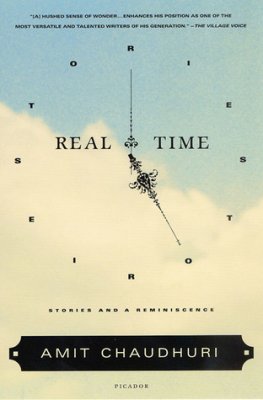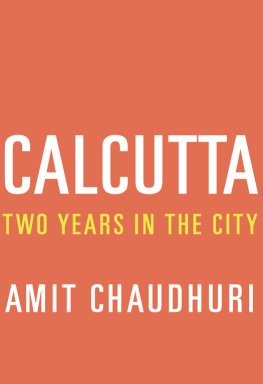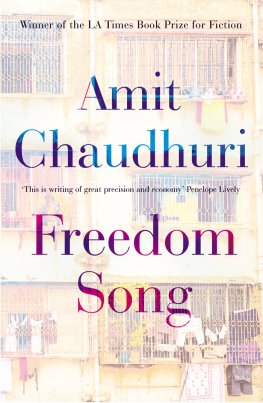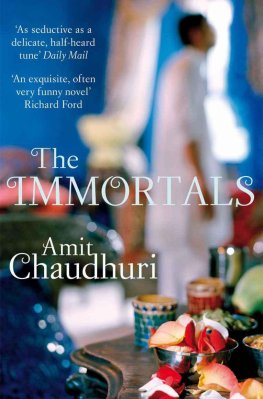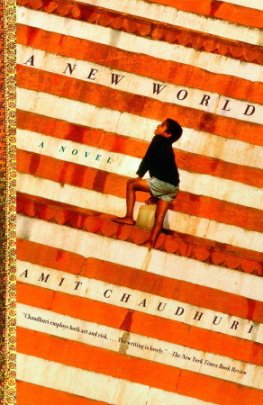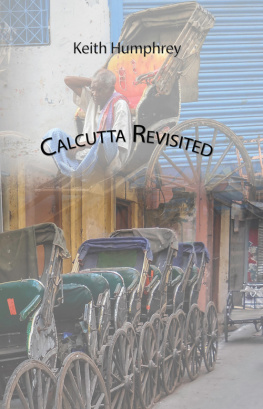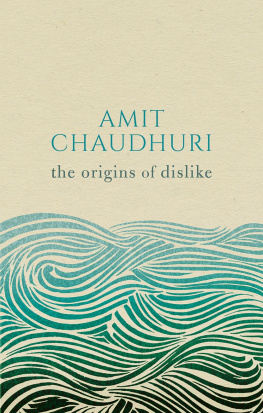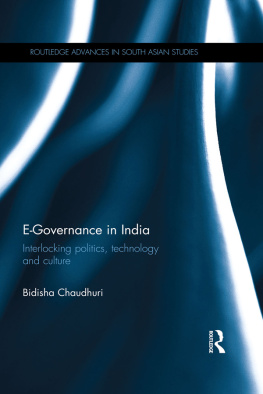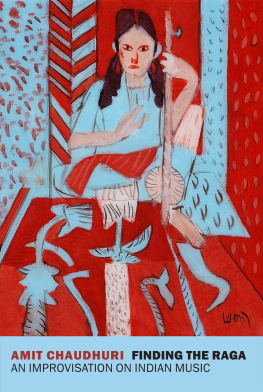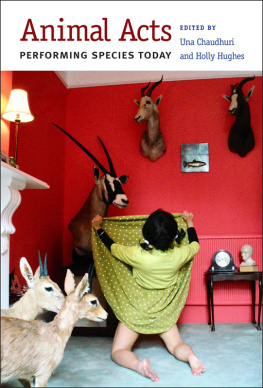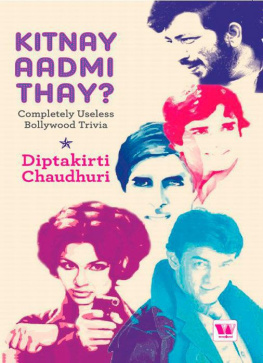Rosinka Chaudhuri - Freedom and Beef Steaks: Colonial Calcutta Culture
Here you can read online Rosinka Chaudhuri - Freedom and Beef Steaks: Colonial Calcutta Culture full text of the book (entire story) in english for free. Download pdf and epub, get meaning, cover and reviews about this ebook. year: 2012, publisher: Orient Blackswan, genre: Romance novel. Description of the work, (preface) as well as reviews are available. Best literature library LitArk.com created for fans of good reading and offers a wide selection of genres:
Romance novel
Science fiction
Adventure
Detective
Science
History
Home and family
Prose
Art
Politics
Computer
Non-fiction
Religion
Business
Children
Humor
Choose a favorite category and find really read worthwhile books. Enjoy immersion in the world of imagination, feel the emotions of the characters or learn something new for yourself, make an fascinating discovery.

- Book:Freedom and Beef Steaks: Colonial Calcutta Culture
- Author:
- Publisher:Orient Blackswan
- Genre:
- Year:2012
- Rating:3 / 5
- Favourites:Add to favourites
- Your mark:
- 60
- 1
- 2
- 3
- 4
- 5
Freedom and Beef Steaks: Colonial Calcutta Culture: summary, description and annotation
We offer to read an annotation, description, summary or preface (depends on what the author of the book "Freedom and Beef Steaks: Colonial Calcutta Culture" wrote himself). If you haven't found the necessary information about the book — write in the comments, we will try to find it.
Freedom and Beef Steaks: Colonial Calcutta Culture — read online for free the complete book (whole text) full work
Below is the text of the book, divided by pages. System saving the place of the last page read, allows you to conveniently read the book "Freedom and Beef Steaks: Colonial Calcutta Culture" online for free, without having to search again every time where you left off. Put a bookmark, and you can go to the page where you finished reading at any time.
Font size:
Interval:
Bookmark:
Colonial Calcutta Culture

3-6-752 Himayathnagar,Hyderabad
500 029 (Telangana), INDIA
e-mail:
Bangalore Bhopal Bhubaneshwar Chandigarh Chennai
Ernakulam Guwahati Hyderabad Jaipur Kolkata
Lucknow Mumbai New Delhi Patna
www.orientblackswan.com
Orient Blackswan Private Limited
1/24 Asaf Ali Road
New Delhi 110 002
e-mail:
Sreelata and Shiva Ranjan Khastgir,
Thakurma and Dadu
Anila and Satis Ranjan Khastgir,
Shovarani Ghosh,
Miss Manorama Bose.
or Meat-eating, Race, and Reform in a Colonial Poem
The Construction of Colonial/Communal
Stereotypes in the Poems of Henry Derozio
Indias First Modern Literary Society, Calcutta, 1825
Calcutta, 17521859
A Possible Genealogy of the Indian Drawing Room
Madhusudan and the Modernist Discourse of Reading
Misreadings of Tagore
This incident is well known to historians of nineteenth-century Bengal. Repetitively invoked, it has become symbolic of the age of Young Bengal, showcasing as it did the shock-and-awe tactics of the young reformers as they sought to agitate a stagnant cesspool of social conservatism and ritual orthodoxy with a somewhat misplaced adolescent fervour that nonetheless had strikingly serious connotations and consequences in the social and political life of the city in the following years. The courage to implement in personal life the ideals of their philosophical reading was no small thing, and the nineteenth century in Calcutta was emblematic of such personal acts of defiance lived out in the daily lives of legions of ordinary men and women who sought to be true to the spirit of the age. Krishnamohan Bandyopadhyay went on to write the first English play by an Indian, The Persecuted, in the same year as the notorious incident detailed above, 1831, which was followed by innumerable essays, lectures, books and translations. Prize-winning tracts such as Native Female Education (1840) and the well-known Dialogues on Hindu Philosophy (1861) apart, he also translated The Rig Veda Sanhita, The Raghu Vansa and The Kumar Sambhava. However, his crowning achievement remains the Vidyakalpadrum or the Encyclopaedia Bengalensis (1846), written in thirteen volumes and two languages, the first attempt of its kind anywhere in India to interpret, as it said in its introduction, European history and physics in Bengali as an effective means of combating aberrations in the minds of the common people in Bengal; for the common mind may thus be free from the evil of ignorance and confusion that permeates the country and reigns over it. The works, and the predilections of Krishnamohan Bandyopadhyay as evidenced through those works, extended over the course of much of the nineteenth century and were representative of the zeitgeist of colonial culture in Calcutta..
Font size:
Interval:
Bookmark:
Similar books «Freedom and Beef Steaks: Colonial Calcutta Culture»
Look at similar books to Freedom and Beef Steaks: Colonial Calcutta Culture. We have selected literature similar in name and meaning in the hope of providing readers with more options to find new, interesting, not yet read works.
Discussion, reviews of the book Freedom and Beef Steaks: Colonial Calcutta Culture and just readers' own opinions. Leave your comments, write what you think about the work, its meaning or the main characters. Specify what exactly you liked and what you didn't like, and why you think so.

